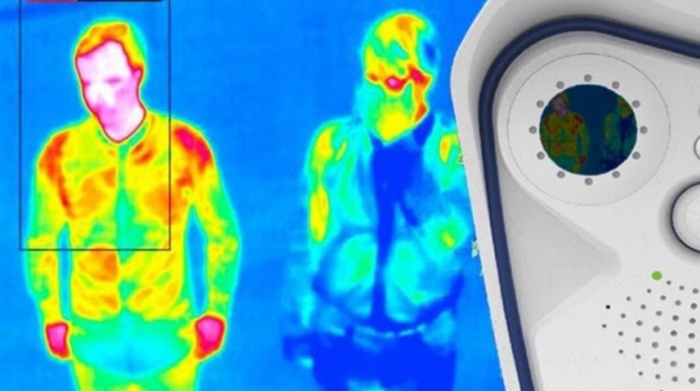
Department of transport issues new guidance to airlines ahead of relaunch
The UK department for transport has published new aviation guidance, setting out the measures the government believes operators should put in place to protect staff and passengers.
The guidance also provides advice for passengers on how to travel safely and on how to follow social distancing measures at each stage of their journey.
It comes as airlines begin rebuilding route networks in the wake of the Covid-19 shutdown.
Produced by the International Aviation Taskforce, the guidance outlines a framework for the industry to operate from once travel restrictions are lifted.
However, the Foreign & Commonwealth Office continues to advise against all non-essential travel to anywhere in the world.
Transport secretary, Grant Shapps, said: “This guidance is a positive next step towards ensuring a safer and more sustainable aviation sector.
“The government’s advice currently remains to avoid all non-essential travel, but today we are taking the necessary steps to ensure a framework is in place for the aviation industry to bounce back when it is safe for restrictions on travel to be lifted.”
The guidance to passengers covers all aspects of the travel experience, from checking the public health requirements before booking a flight, to navigating the airport safely and boarding the flight or leaving the airport.
Tim Hawkins, chief strategy officer at MAG, said: “This new guidance provides the basis for the restart and recovery of the UK aviation industry – it offers clear information for us, our passengers and our airlines on the steps needed to create a safe travel experience.
ADVERTISEMENT
“The guidance is the result of strong collaboration between government and the aviation industry, drawing on advice from independent medical and scientific experts who have looked specifically at what safety measures are needed at each stage of the travel process.
“With similar protocols being adopted in other countries, and a targeted approach to reopening travel to low-risk countries, we will have the elements in place to get our economy moving again and protect jobs throughout the whole aviation supply chain.”
Practical advice includes wearing face coverings when in the airport, washing hands regularly after touching any surfaces, checking in all baggage including hand luggage, and remaining seated as much as possible during the flight.
The guidance to operators will also support staff by promoting safe practices and workplaces.
This includes extensive cleaning of aircraft, increasing the availability of handwashing and hand sanitiser facilities, reducing face-to-face interactions with passengers, and introducing protocols for symptomatic passengers and staff.
Predictably, Ryanair rejected the new advice as “nonsensical”.
The carrier said rules to minimise carry-on luggage in favour of checked in bags were putting passengers at risk.
A Ryanair spokesperson said: “In attempting to minimise physical contact during the travel process, particularly on short haul flights, Ryanair recommends passengers to minimise checked in bags and, where possible, confine themselves to one or two carry-on bags, which minimises physical contact with other persons.
“The department of transport should stop issuing rubbish advice to passengers about baggage and instead focus their efforts on scrapping the useless visitor quarantine which the UK home office now admit cannot be implemented, supervised or policed effectively.”

